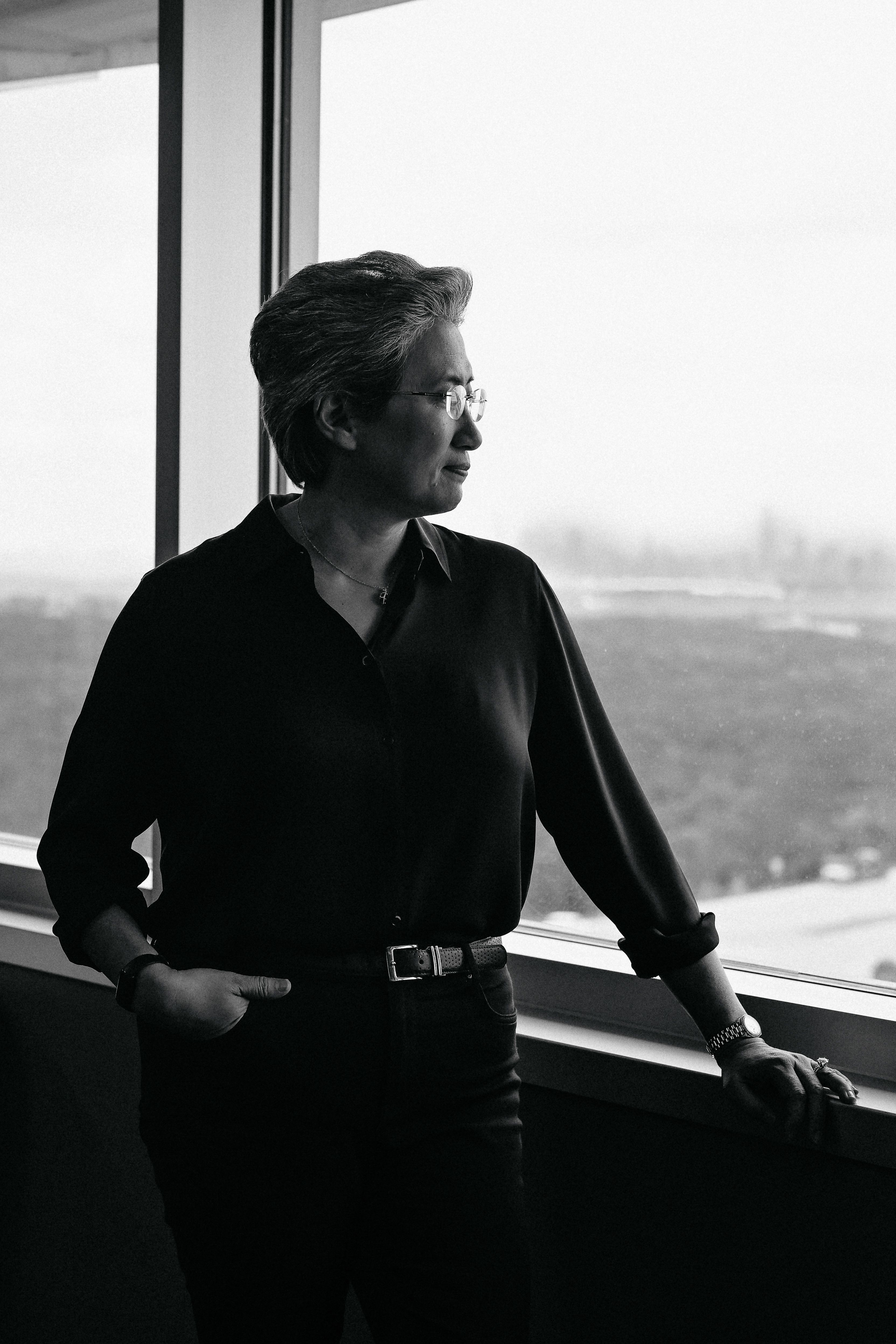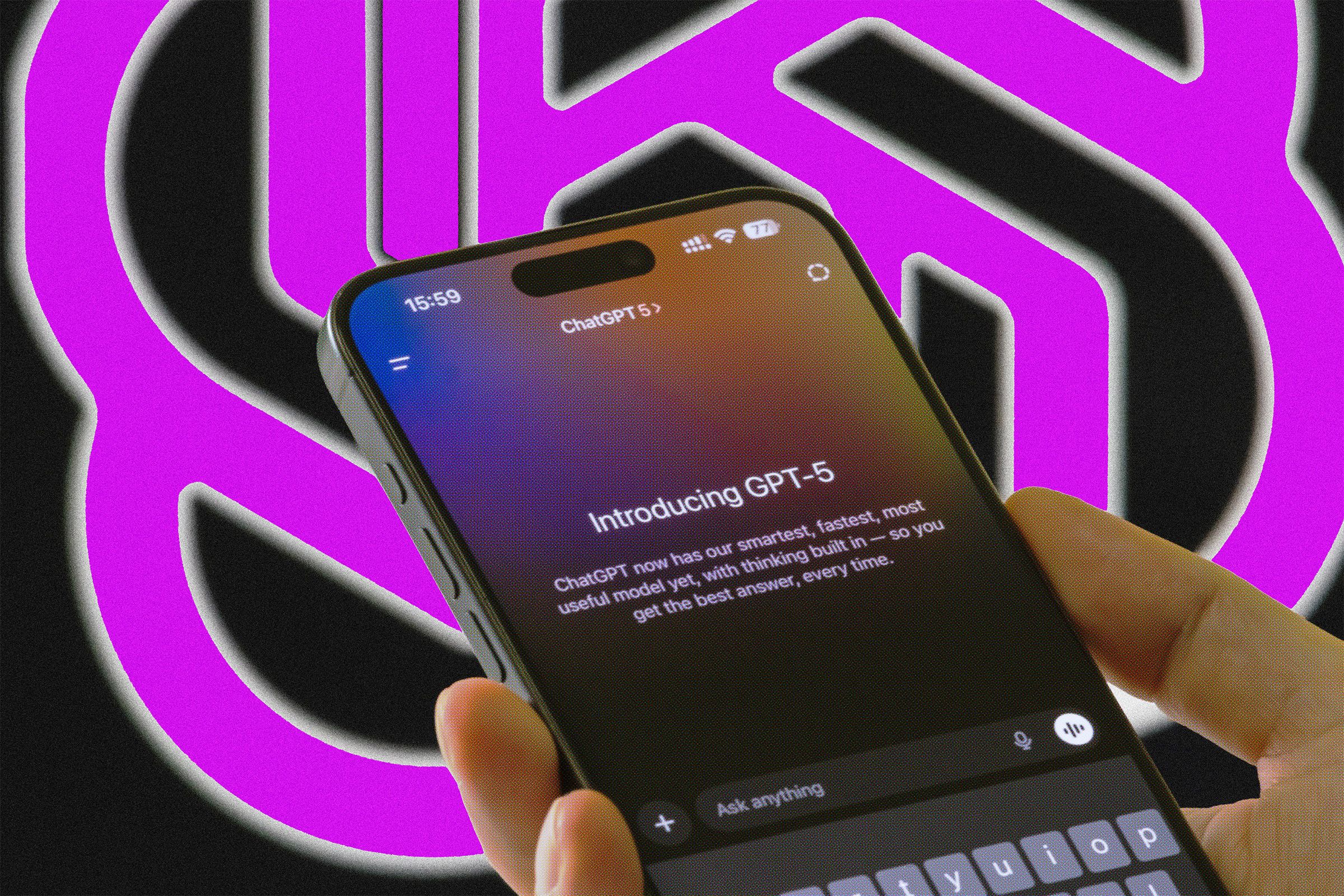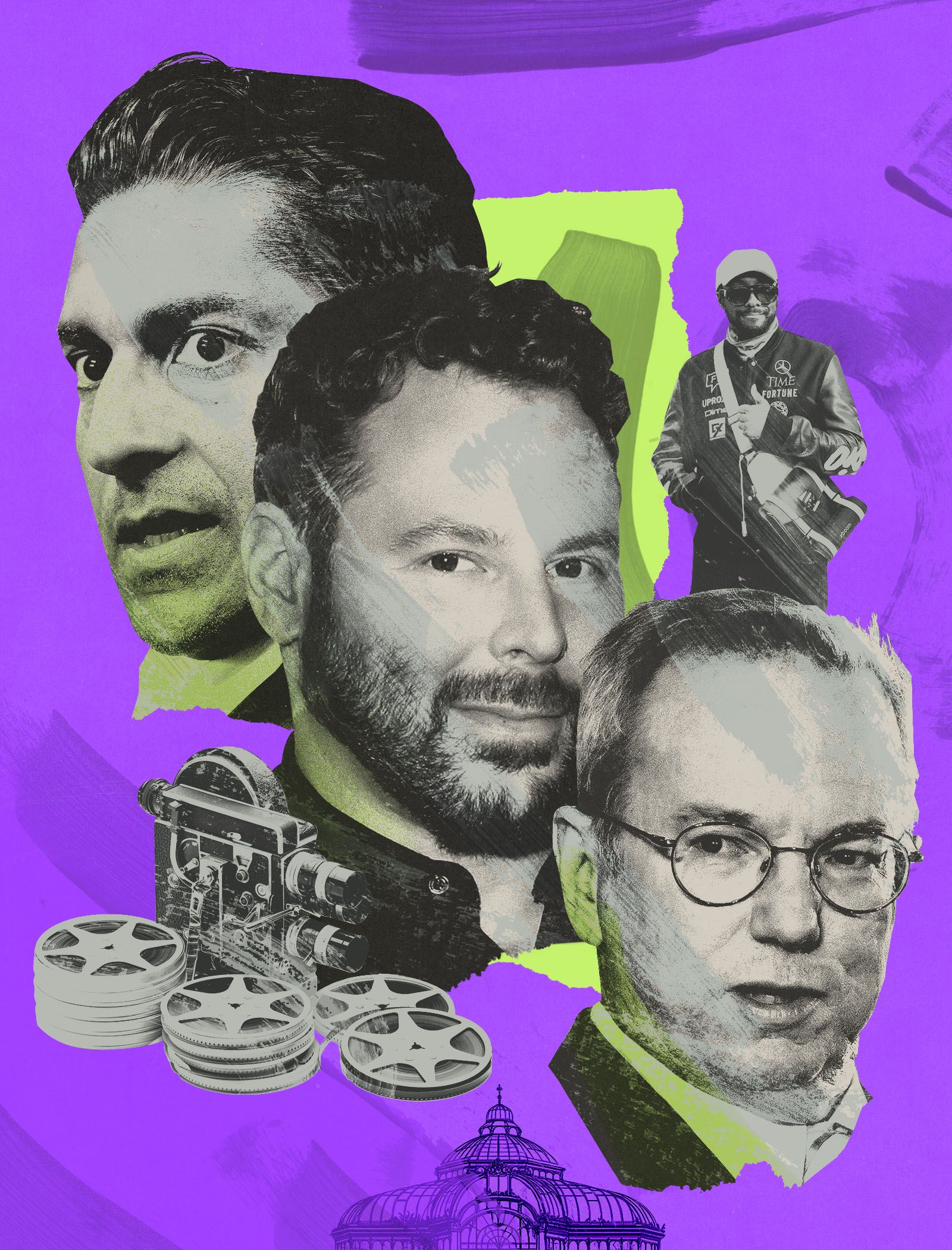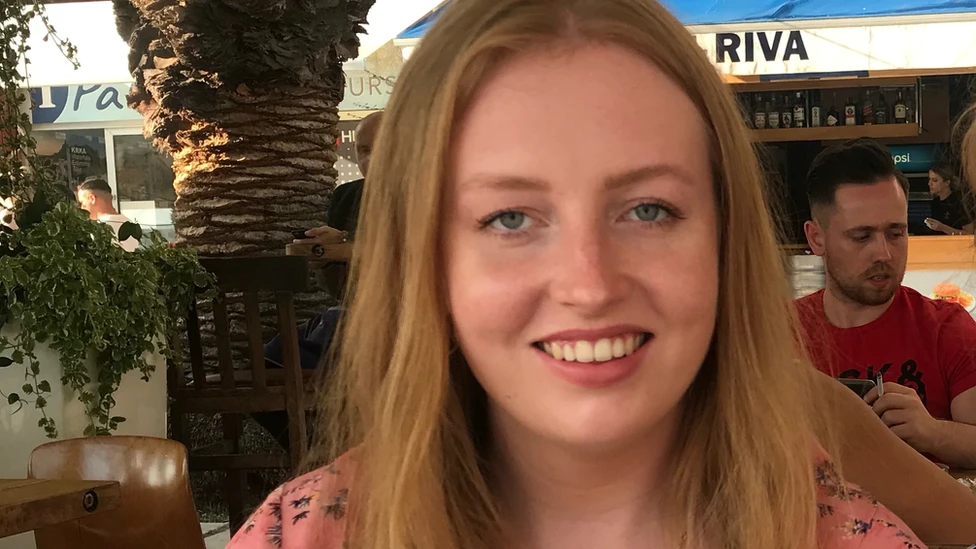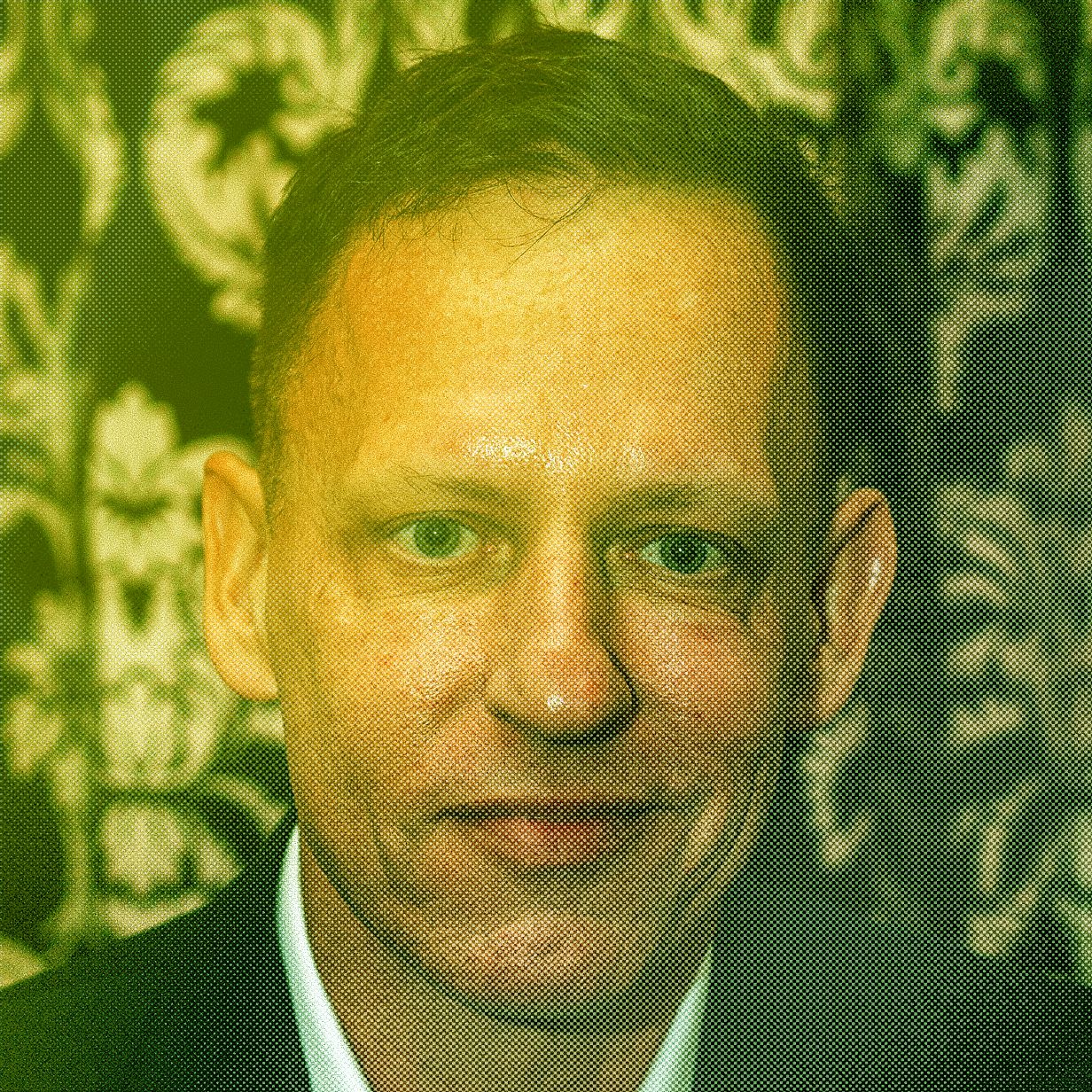OpenAI Is Poised To Become The Most Valuable Startup Ever. Should It Be?
OpenAI Is Poised To Become The Most Valuable Startup Ever. Should It Be?
OpenAI, founded in December 2015, has quickly risen to prominence in the artificial intelligence…
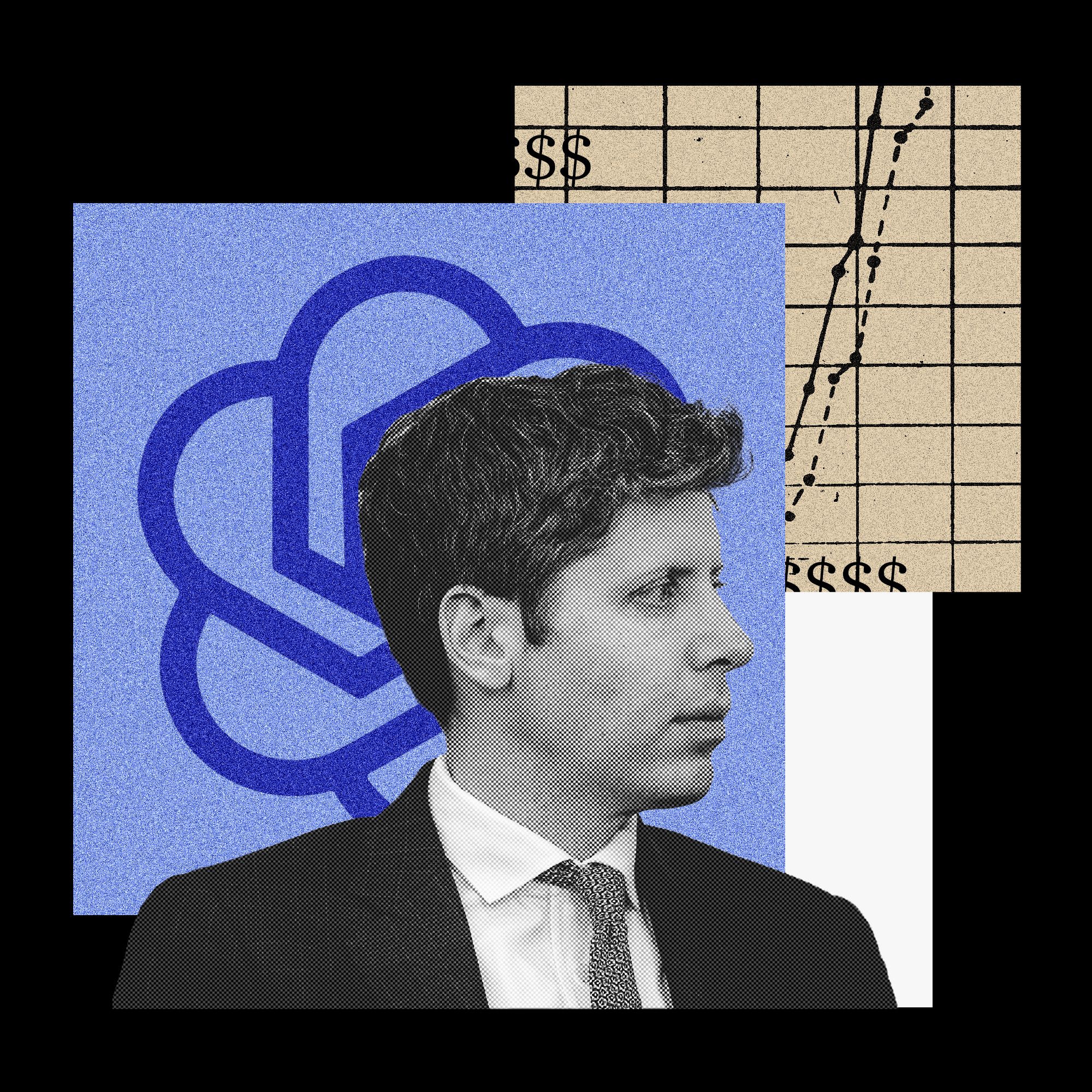
OpenAI Is Poised To Become The Most Valuable Startup Ever. Should It Be?
OpenAI, founded in December 2015, has quickly risen to prominence in the artificial intelligence industry. With a mission to ensure that artificial general intelligence benefits all of humanity, the company has attracted significant investments and partnerships from some of the biggest names in tech.
As OpenAI continues to develop cutting-edge AI technologies, it is on track to become one of the most valuable startups ever. The potential impact of its work on society is immense, with applications ranging from healthcare to autonomous vehicles to climate change mitigation.
However, concerns have been raised about the ethical implications of OpenAI’s research. The company’s decision to limit access to some of its most advanced technologies has been met with criticism, as some believe that such powerful tools should be freely available for public scrutiny.
Furthermore, there are concerns about the potential misuse of AI technologies developed by OpenAI. The company’s powerful AI systems have the potential to be used for malicious purposes, raising questions about the responsibility that comes with being the most valuable startup ever.
Ultimately, the question of whether OpenAI should become the most valuable startup ever is a complex one. While the company’s technological advancements have the potential to benefit society in profound ways, there are significant ethical and social considerations that must be taken into account.
As OpenAI continues to push the boundaries of AI research, it is essential that the company remains transparent and accountable for its actions. Only by addressing these concerns can OpenAI fulfill its mission of ensuring that artificial general intelligence benefits all of humanity.
